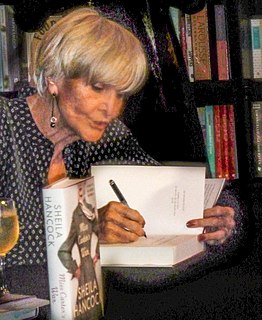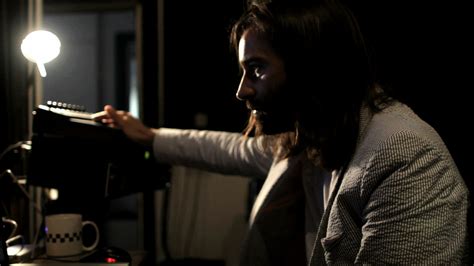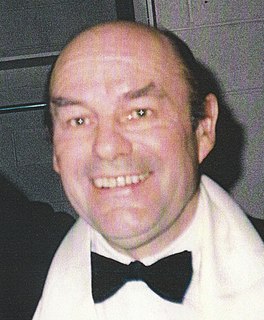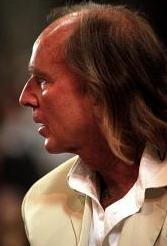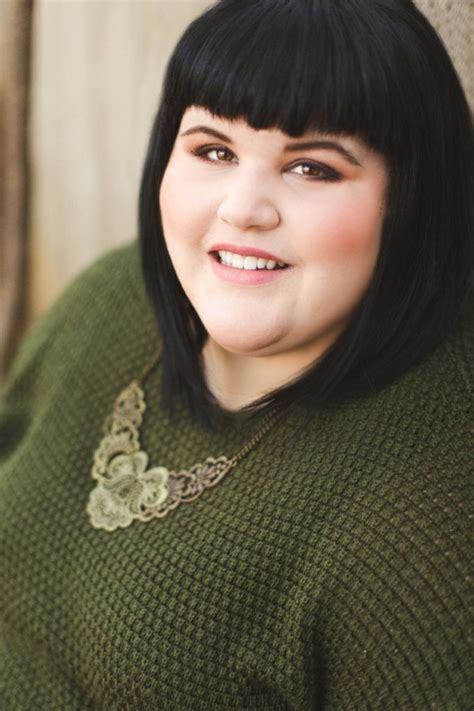A Quote by David Finckel
The pieces that have survived, the ones that we all love, were not all popular in their time. Just look at Beethoven's late string quartets. The music that the musical community selects, however, is usually the very best.
Related Quotes
I don't know that I make a big distinction between the big pieces and the little pieces, because I don't experience them in that way. I mean, by the same token, you're out touring with a band and then you're writing string quartets, and in a funny way, isn't it all the same, in a way? It's all just music.
The fascination with the music stayed with me for years and I wanted to find out why I liked it so much and to learn the grammar of it, and that's why I tried to write the sheet music down. Writing it down gave me some ideas of other versions of the music and I wrote the first string quartets and piano pieces based on transcriptions.
When you look at what we can call the golden era of concept albums, which starts in the mid or late '60s and ends maybe in the early '80s, it's an interesting time for music. You see all these very established and popular acts and bands and artists that were somehow on the top of their game but really trying to experiment.

